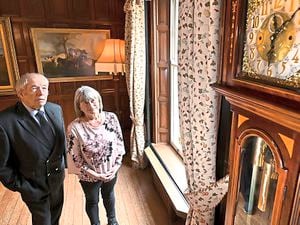Look back at Atlantis during Wolverhampton's clubbing heyday
After Atlantis came Oceana, and then Faces – but after almost two decades as a popular nightclub venue, the dancing has come to an end.

The latest closure is symptomatic of a variety of factors – among them spiralling student fees, falling income, the extension of pub hours and the launch of dating apps such as Tinder.
And it is reflected across the country, with the number of clubs falling by 5,000 in a decade. In 2008 there were 13,505 nightclubs in the UK but by last year, that number had fallen to just 8,703.
The Bilston Street venue was launched as a nightclub towards the end of the 1990s after it had closed as an ABC cinema earlier in the decade.
Wolverhampton’s nightclub scene hit a peak with 15,000 people flooding into the city every weekend.
Atlantis was nominated for the national title of Discotheque of The Year, with its foam parties and promotions such as laying on topless waiters to entertain ‘football widows’ during the 1998 World Cup.
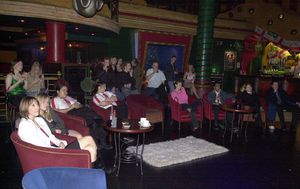
By the time it was transformed into Oceana in 2006, numbers had dipped but clubbing was still strong in the city. The venue was stripped out to create a £5 million three-floor ‘superclub’ housing two separate dance floors, five bars and a dining room, with themed rooms in the styles of a New York disco, Canadian ski lodge and Parisian boudoir.
New manager Chris Beasley, who ran the Heroes bar below the Atlantis in the late 1990s, remarked there were fewer clubs and far more bars than when he last worked in the city, saying he wanted to see the glory days back again.
“I am hoping Oceana can lead a revival of Wolverhampton’s night club scene,” he declared. At the time the Civic, which held club nights Cheeky Monkey and Blast Off at the weekend, was the nightspot of choice for many partygoers.
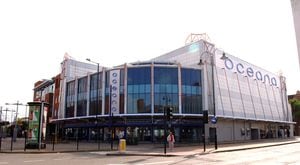
Oceana invited the likes of JLS, Hollyoaks actors and reality stars such as Callum Best and for a while club wars hotted up but it was not to last.
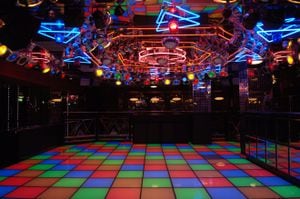
The club closed six years later when its owners Luminar went into administration.The firm said it was hit hard by rising unemployment among 18 to 24-year-olds, its key customer age group.
Undeterred, new owners took over in 2012, and gave the club a £750,000 revamp and a new name, Faces. The plan had been to broaden its appeal, also hosting live music acts, comedy nights and offering free hire to charities for fundraisers.
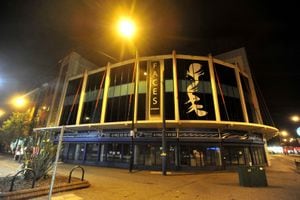
But in 2016 it, too, closed – and this time there was to be no reinvention.
The traditional chain-owned high street disco has completely lost its appeal for millennials who prefer going to bars which often feature DJs and are open as late as clubs following the 2005 change in licensing laws.
Expense is seen as one of the biggest turn-offs.
Taxi fares, entrance fees and overpriced drinks are all seen as an extravagance many young people, especially students, cannot afford.
Other contributing factors include the rise of festivals, with many of Generation Y preferring to stay in and save up for a music weekend blow-out. And a growing number drink a lot less than their predecessors.
A 2016 survey by Heineken found that when 75 per cent of millennials drink in moderation, and that “moderate alcohol consumption is becoming the new cool”.
Latest figures show that one-fifth of Britons aged 16-24 are now teetotal, more likely to go to an all-night gym than a nightclub.
Streaming a television series or watching a box set at home, and socialising on social media, is the new norm. A night in has replaced a night out.


